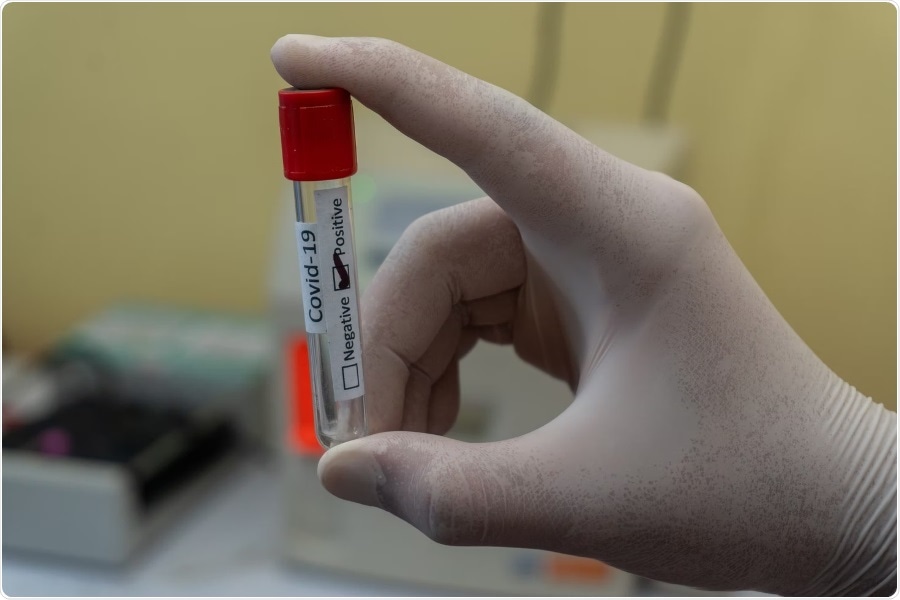Researchers have identified a potential new treatment that suppresses the replication of SARS-CoV-2, the coronavirus that causes Covid-19.

The research is regarded a potential breakthrough for Covid-19 treatment. Image Credit: University of Kent
In order to multiply, all viruses, including coronaviruses, infect cells and reprogramme them to produce novel viruses.
The research revealed that cells infected with SARS-CoV-2 can only produce novel coronaviruses when their metabolic pentose phosphate pathway is activated.
When applying the drug benfooxythiamine, an inhibitor of this pathway, SARS-CoV-2 replication was suppressed and infected cells did not produce coronaviruses.
The research from the University of Kent’s School of Biosciences and the Institute of Medical Virology at Goethe-University, Frankfurt am Main, found the drug also increased the antiviral activity of ‘2-deoxy-D-glucose’; a drug which modifies the host cell’s metabolism to reduce virus multiplication.
This shows that pentose phosphate pathway inhibitors like benfooxythiamine are a potential new treatment option for COVID-19, both on their own and in combination with other treatments.
Additionally, Benfooxythiamin’s antiviral mechanism differs from that of other COVID-19 drugs such as remdesivir and molnupiravir. Therefore, viruses resistant to these may be sensitive to benfooxythiamin.
This is a breakthrough in the research of COVID-19 treatment. Since resistance development is a big problem in the treatment of viral diseases, having therapies that use different targets is very important and provides further hope for developing the most effective treatments for COVID-19."
Martin Michaelis, Professor, University of Kent
Professor Jindrich Cinatl, Goethe-University Frankfurt, said: ‘Targeting virus-induced changes in the host cell metabolism is an attractive way to interfere specifically with the virus replication process.’
The study ‘Targeting the pentose phosphate pathway for SARS-CoV-2 therapy’ is published by the scientific journal Metabolites (Professor Martin Michaelis – University of Kent; Dr Denisa Bojkova, Philipp Reus, Marco Bechtel, Professor Sandra Ciesek, Professor Jindrich Cinatl - Goethe University Frankfurt; Dr Rui Costa - University of Copenhagen; Mark-Christian Jaboreck, Dr Ruth Olmer, Professor Ulrich Martin – Hannover Medical School).
Source:
Journal reference:
Bojkova, D., et al. (2021) Targeting the Pentose Phosphate Pathway for SARS-CoV-2 Therapy. Metabolites. doi.org/10.3390/metabo11100699.